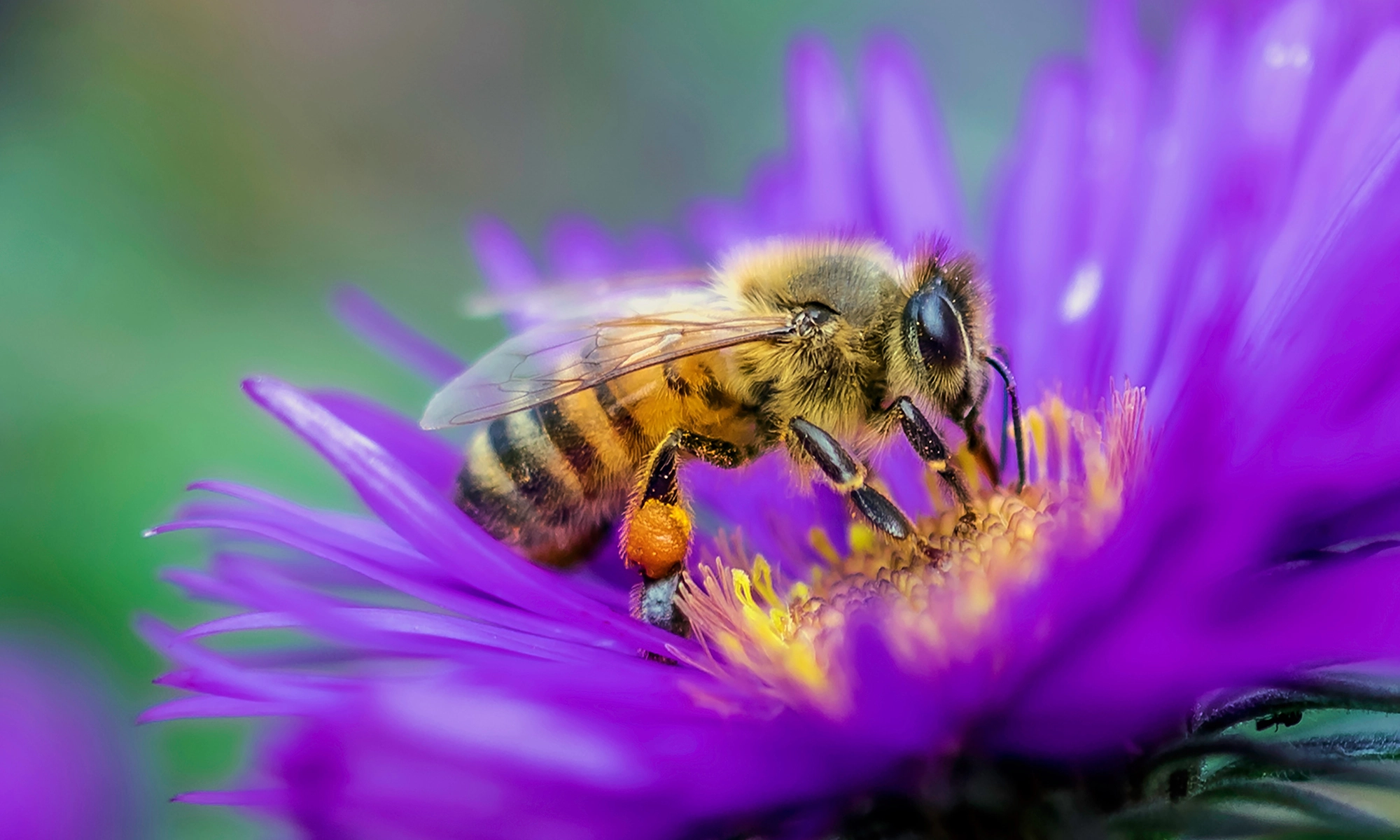
When we think of pollen, what we associate the most with it are perhaps pollination and bees. And, rightly so! All three are so deeply interconnected and without bees, there will be no pollination in so many plants across the world that our ecosystems will collapse, leaving human survival in question. But did you know that bees actually do more with pollen than just help in pollination? Come, let’s find out what it is.
It is common knowledge that food does more than just help end hunger. It provides us with vital nutrition to keep our body functioning. This is no different for any creature, including the honey bees. Just like humans, the "honey bee’s basic nutritional requirements are similar to those of humans; namely, they need proteins (amino acids), carbohydrates (sugars), minerals, fats/lipids (fatty acids), vitamins, and water. In order to meet their nutritional requirements, honey bees collect nectar, pollen, and water”. While honey bees collect water from any number of sources-from ponds and leaky taps to bird baths, they are dependent on flowers for both nectar and pollen. Nectar, which bees convert to honey, is their main source of carbohydrates. Without nectar, honey bees will perish in a matter of days. And pollen is the primary source of protein, which both adult and young honey bees require.
A honey bee, covered in millions of tiny hairs on its body, has pollen stuck to it when it visits flowers. It gathers the pollen and deposits it with a bit of its saliva and nectar into a tiny basket found on each of its back legs. When the baskets are full, the honey bee flies back to its hive and leaves the pollen- now called bee bread-in one of the open cells where it becomes food to other bees, particularly the young ones. This helps in their growth and development.
Did you know?
Different plant species produce different kinds of pollen. “Some plants may produce an abundance of pollen, but the pollen may be of poor quality, whereas others may produce very little but high quality pollen." Apart from this, even the content of the pollen-such as water, starch, lipids, etc.-varies. Which is to say, "all pollens are NOT equally nutritious to the bees".
Picture Credit : Google




